AMA Partners with ArMA to Oppose Senate Bills
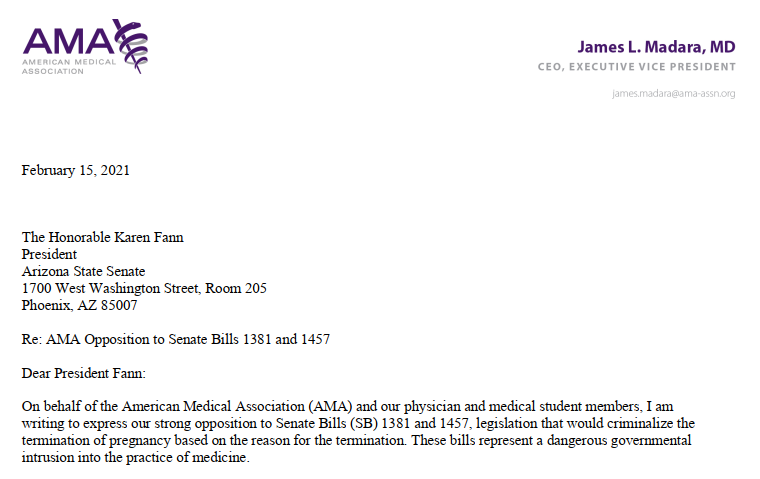
The American Medical Association (AMA) partnered with the Arizona Medical Association (ArMA) to send a letter to the entire Arizona Senate that opposes two bills — SB1457 and SB1381. These bills subject physicians to criminal liability (class six felony) and potential imprisonment for counseling and providing reproductive health options to their patients. ArMA has a long-standing policy of opposing the criminalization of physicians for providing legal medical care. These bills have been introduced in prior sessions but unfortunately, this year they are moving forward and being approved by Senate Committees.
Take action against these bills now. Please tell your Senators that you oppose the criminalization of physicians by clicking here!
Scientists, Experts Ask CDC to Publish Guidelines on Ventilation in Public Spaces

Scientists and experts are criticizing the Centers for Disease Control and Prevention (CDC) for not mandating stricter environmental measures to mitigate the transmission of COVID-19 in indoor spaces. Experts say that combining environmental measures like increased ventilation with mask wearing will greatly decrease the risk of infection in places like offices, schools, and hospitals. The CDC’s recently released guidelines for the reopening of schools did not provide guidance for improving ventilation in school buildings.
Scientists wrote a letter to the Biden administration that gave evidence of the COVID-19 virus being an airborne virus. The letter also impressed the importance of taking swift action as COVID-19 variants spread rapidly throughout the country and vaccines continue to be inaccessible to portions of the population.
Click here to read more on this story.
Arizona Seeing Slow and Steady Rate of COVID-19 Variant Transmission
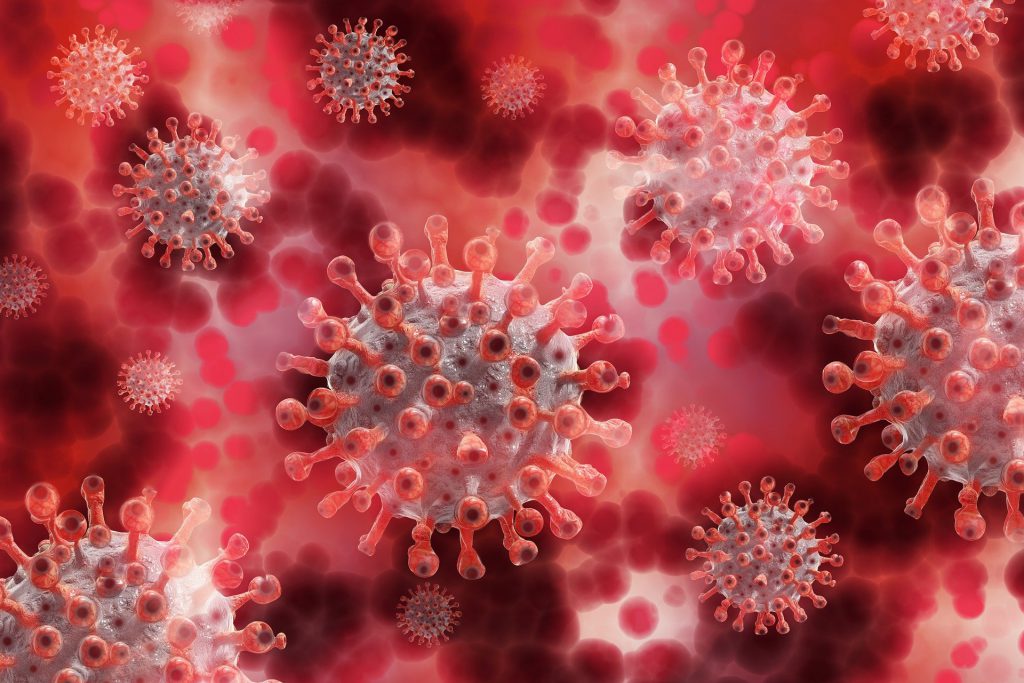
ASU’s Biodesign Institute is discovering an average of three to seven cases per week of COVID-19 variants in the state and has been since late last year. The Biodesign Institute says the cases are likely the B.1.1.7 variant, more commonly known as the U.K. variant. While the numbers are relatively low right now, experts are forecasting that the variant could be the driver of COVID-19 cases in the U.S. by March. If this becomes the case, the vaccination rate required for herd immunity would jump by 10 to 15%.
Click here to read more on this story.
State and County Launch Vaccine Data Dashboards
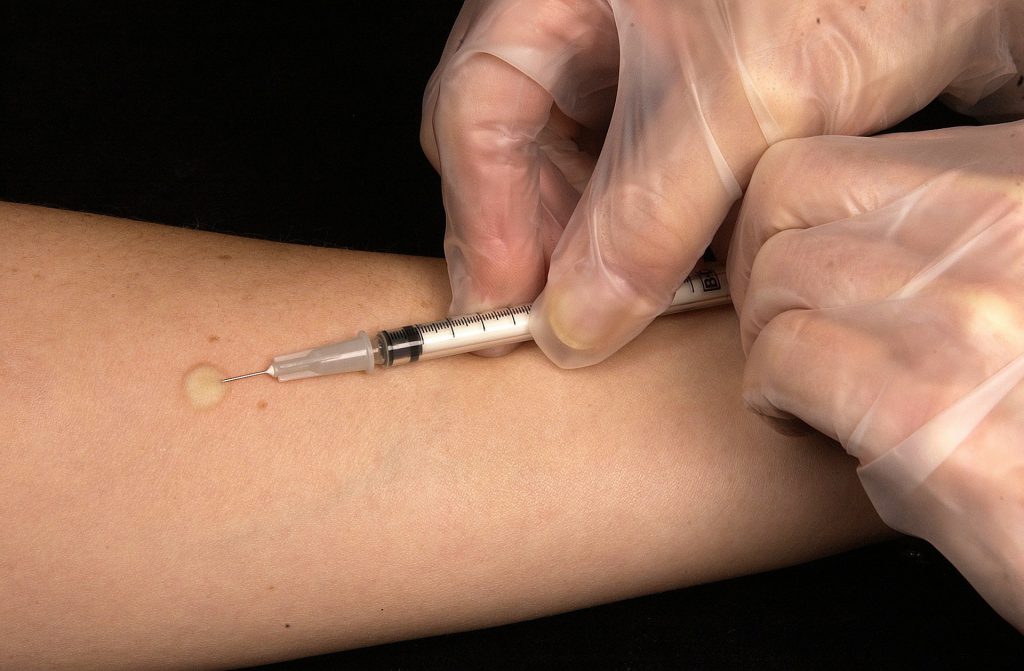
The Arizona Department of Health Services and Maricopa County have launched COVID-19 data dashboards where the public can track vaccine distribution in Arizona. The ADHS dashboard shows the number of vaccine doses distributed in the state, as well as in each county. It also shows vaccine distribution by race/ethnicity, age, and gender. The launch of the site will make the process of vaccine distribution more transparent to Arizona citizens.
In addition to the launch of their dashboard, Maricopa County has lowered the age limit for vaccinations to individuals 65 and older. ADHS officially expanded the 1B category to include adults 65 and older last month, but the county decided to wait due to a limited supply of doses. The decision to expand the eligible for vaccination was made in part because nearly half of adults 75 and older have received at least one dose of the vaccine. To keep up with the increasing number of Arizonans eligible for the vaccine, Maricopa County is in the process of planning pop-up vaccination events that will take place in communities and neighborhoods.
Click here to read more on this story. You can access the ADHS dashboard here, or the Maricopa dashboard here.
White House Secures 600 Million COVID-19 Vaccine Doses
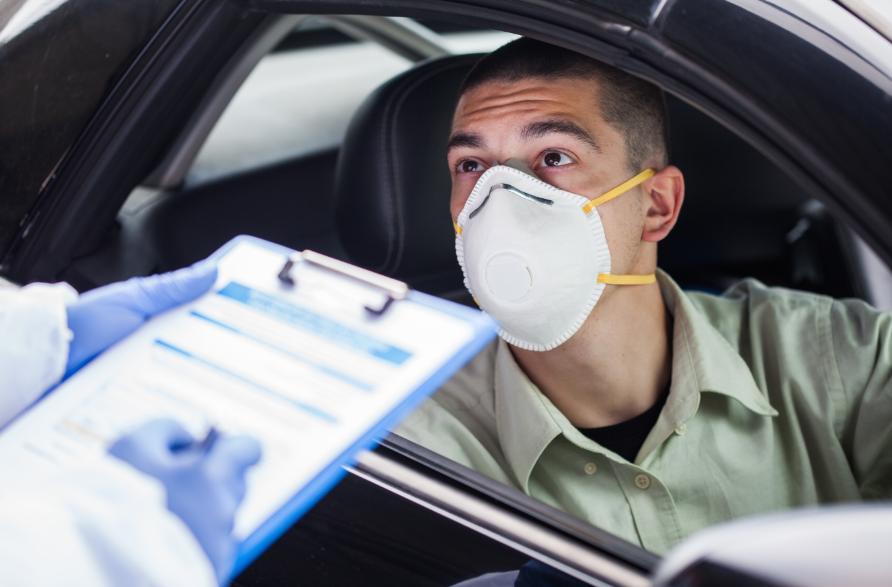
The U.S. has secured additional COVID-19 vaccine doses from vaccine manufacturers Moderna and Pfizer. The companies plan to deliver by the doses by the end of July. Together, the companies have committed to sending the U.S. 600 million doses of the vaccine, enough to vaccinate 300 million citizens. The securing of the additional doses puts the U.S. on pace to not only meet, but exceed the Biden administration’s goal of distributing 100 million shots in its first 100 days of holding office.
There is hope that vaccination rates will increase further should the Food and Drug Administration (FDA) approve Johnson & Johnson’s one dose vaccine in the near future.
Click here to read more on this story.
White House Taking Action to Increase Vaccine Availability
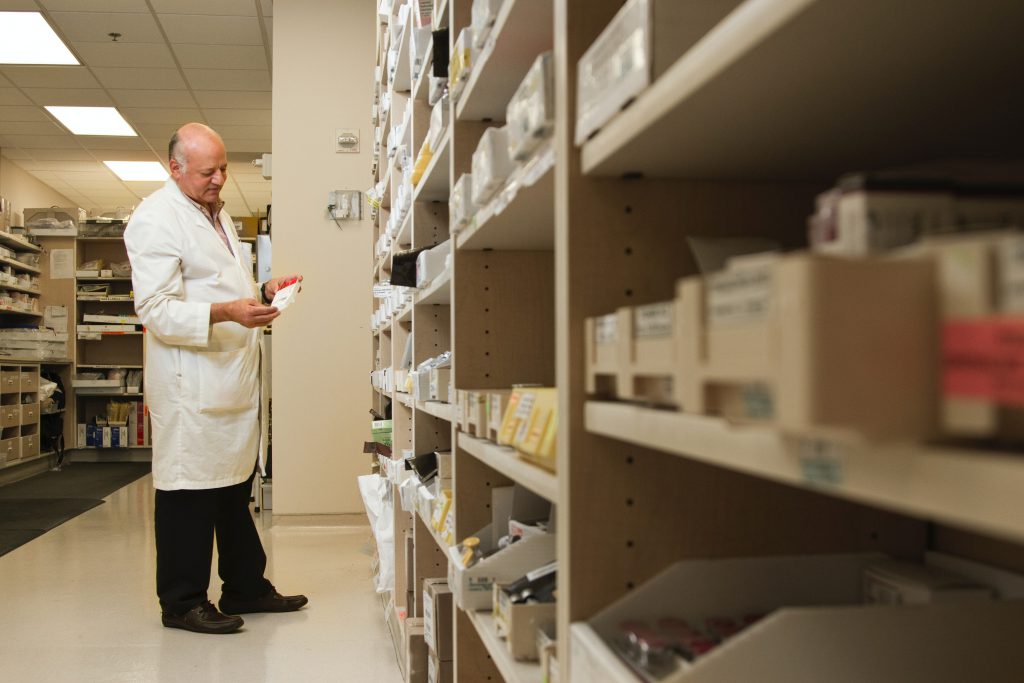
The White House administration announced that it will begin distributing COVID-19 vaccine doses directly to pharmacies to expand vaccine access for Americans. 6,500 pharmacies have already been selected to receive the first round of vaccines from the federal government. Among those selected are CVS, Walgreens, Walmart, Rite Aid and Costco; White House staff elucidated that shipments to pharmacies will begin on February 11. Jeff Zients, COVID-19 response coordinator, cautioned that while this is a huge step in increasing vaccine access for Americans, supply will be limited at the start. It is estimated that one million doses will be shipped to pharmacies each week.
Click here to read more on this story.
Phoenix School Boards Push for Ban of Flavored Tobacco Products
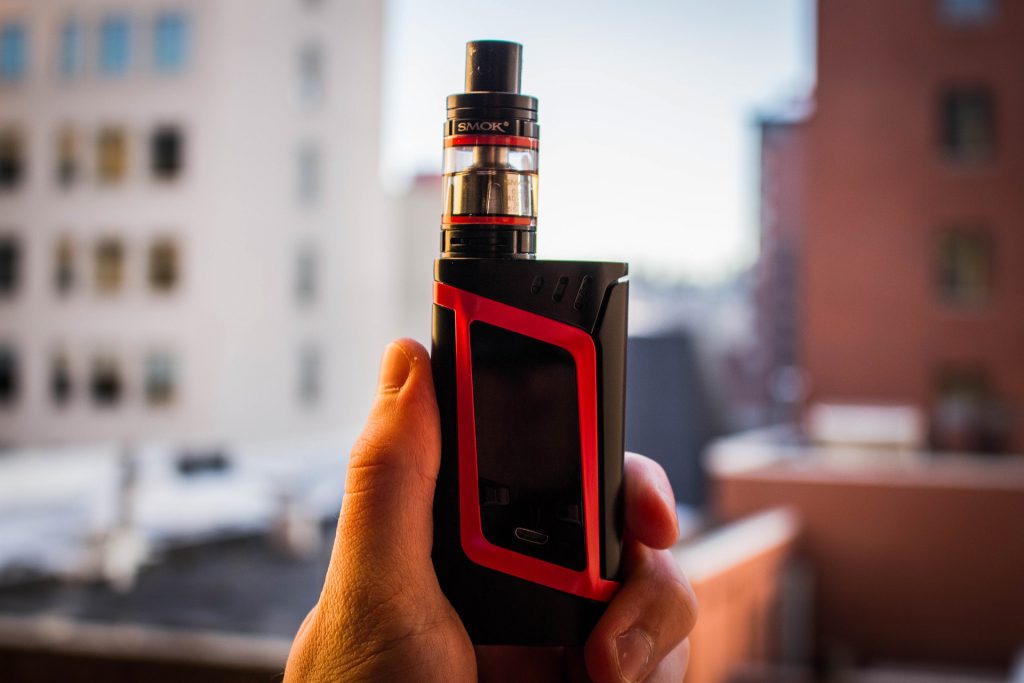
| Several Phoenix school boards have joined a campaign that aims to eliminate the sale of all flavored tobacco products including e-cigarettes, or vapes. Flavors Hook Kids Phoenix Coalition is the group behind the campaign, and school administrators are backing the advocates because they feel that flavored tobacco products are compromising the health of some students. The Phoenix City Council’s Public Safety and Justice Subcommittee plans to meet to discuss the issue and find potential solutions. Phoenix school boards are not alone in the push to ban flavored tobacco products; organizations around the nation are also seeking legislation to end the e-cigarette epidemic among youth. Last year, California’s governor passed a bill into law that banned flavored tobacco products, but its implementation has been delayed due to the submission of a petition led by tobacco companies. According to a report published by the CDC in 2020, approximately 3.5 million high school and middle school students have used, or are currently using, e-cigarettes. The report cites the appealing nature of flavored tobacco products as a contributing cause of the increase in use of e-cigarettes among students. Click here to read more on this story. |
Banner Health Treating COVID-19 Patients with Arthritis Drug
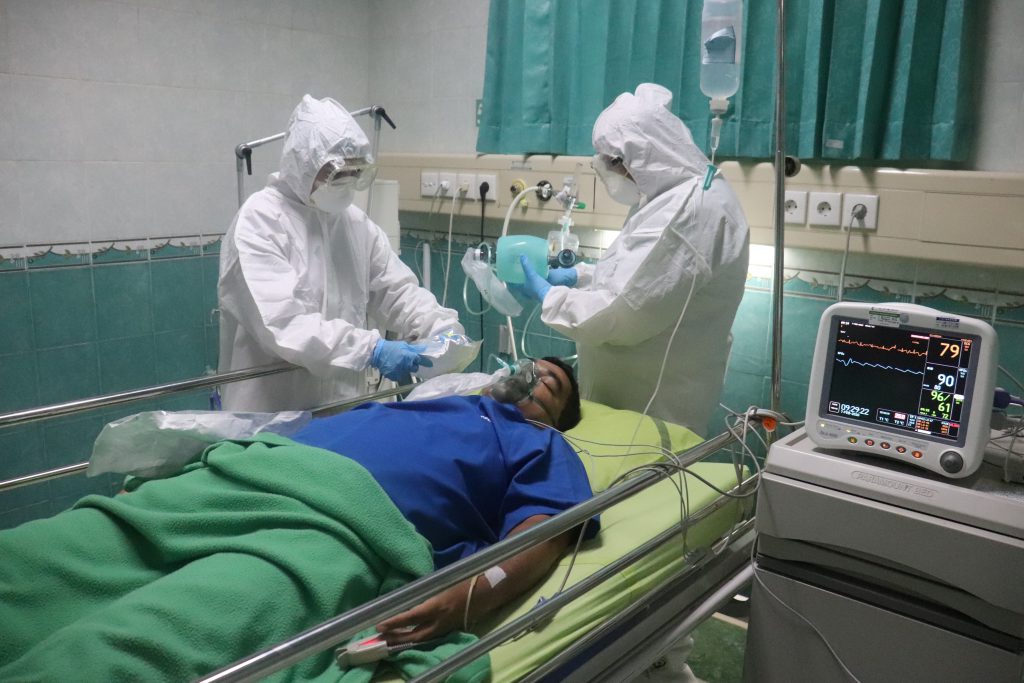
One of Arizona’s major healthcare systems is testing the effectiveness of a drug traditionally utilized to treat rheumatoid arthritis in helping those critically ill with COVID-19. Leadership from Banner Health elucidated that the drug, tocilizumab, is an anti-inflammatory that could lessen the severity of COVID-19 in some cases. Initial studies of the drug’s effectiveness in treating the virus are mixed and it has not been granted Emergency Use Authorization by the Food and Drug Administration.
Banner Health began utilizing the drug as a form of COVID-19 treatment earlier this month; other health systems in Arizona, such as Dignity Health, are not currently using it as a form of treatment. Officials from Banner Health explained that the drug is one of the few tools they currently have for fighting COVID-19. The health care system will continue to monitor the benefits of the drug and adjust as needed in the future.
Click here to read more on this story.
Shots on the Horizon: Novavax and Johnson & Johnson Announce Vaccine Efficacy Rates
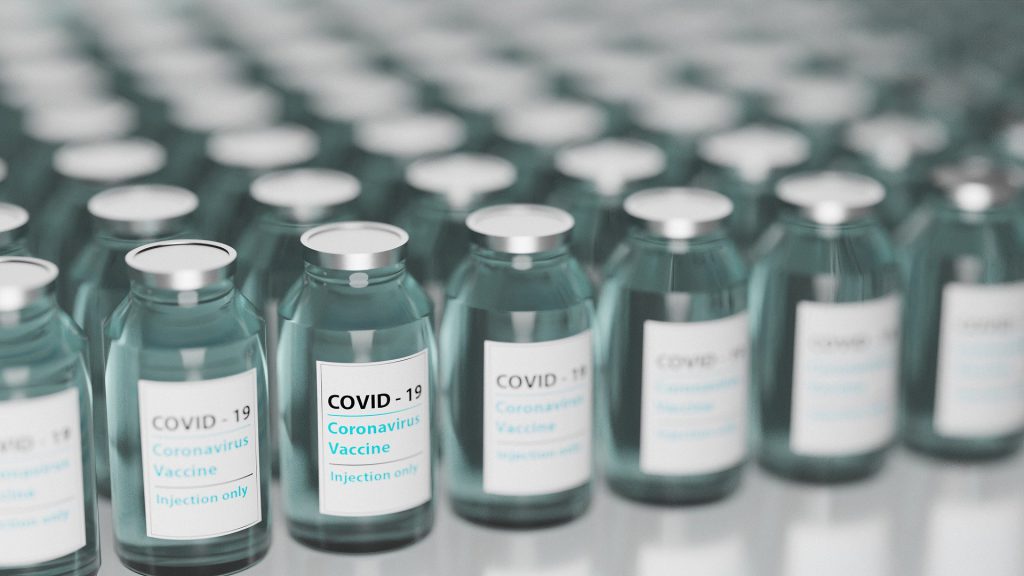
Two companies supported by Operation Warp Speed, Novavax and Johnson & Johnson (J&J), have announced the results of their COVID-19 vaccine studies. Novavax, a small Maryland-based company, shared that its vaccine has an 89% efficacy rate, making it slightly less effective than both the Pfizer and Moderna vaccines. Preliminary findings from the company’s studies in Britain show that the vaccine is less effective against the new strain of COVID-19 that first appeared in South Africa and has now been detected in the U.S. The vaccine will undergo a larger study in the U.S. before it is considered for EUA.
J & J also released data on its one-shot vaccine. The company tested the vaccine in eight countries, including the U.S., and found it was 85% effective at preventing the most severe COVID-19 symptoms. In cases of moderate to severe illness, the vaccine was slightly less effective with an efficacy rate of 66%. The study also suggested that J&J’s vaccine is more effective in the U.S. than other countries like South Africa where the new, more contagious variant is spreading rampantly. In 72% of the study’s cases in the U.S., the vaccine was effective in easing moderate to severe symptoms. J&J plans to submit an application for EUA in the U.S. in the coming week, and is prepared to deliver 100 million doses by June.
Click here to read more about the Novavax vaccine, or here to read more about Johnson & Johnson’s vaccine.
President Biden Signs a Series of Executive Orders Applauded by the AMA
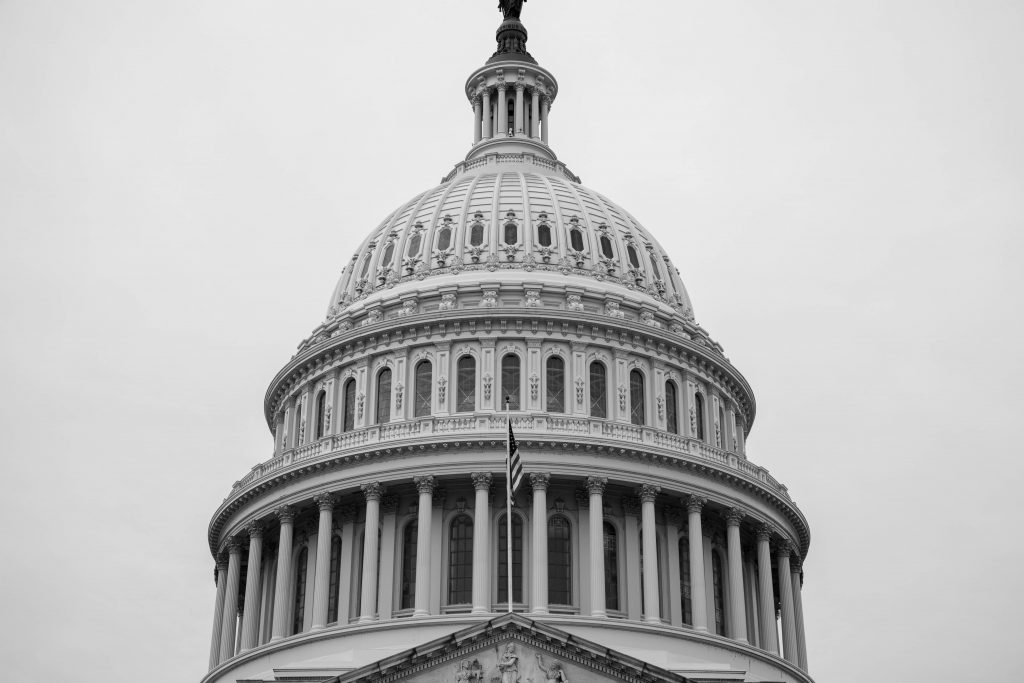
The American Medical Association (AMA) celebrated newly inaugurated President Biden for a series of Executive Orders issued during his first hours in office. The orders include a “100-Day National Masking Challenge,” re-joining the World Health Organization (WHO), and coordination of a unified federal response to COVID-19. You can read the full AMA statement here.
In addition to the Executive Orders, President Biden released a 200-page “National Strategy for the COVID-19 Response and Pandemic Preparedness”. The plan has seven goals, each with a target actions and strategies to achieve those goals. The White House also announced a COVID-19 Response Office which will be responsible for coordination the pandemic response across all federal agencies.
